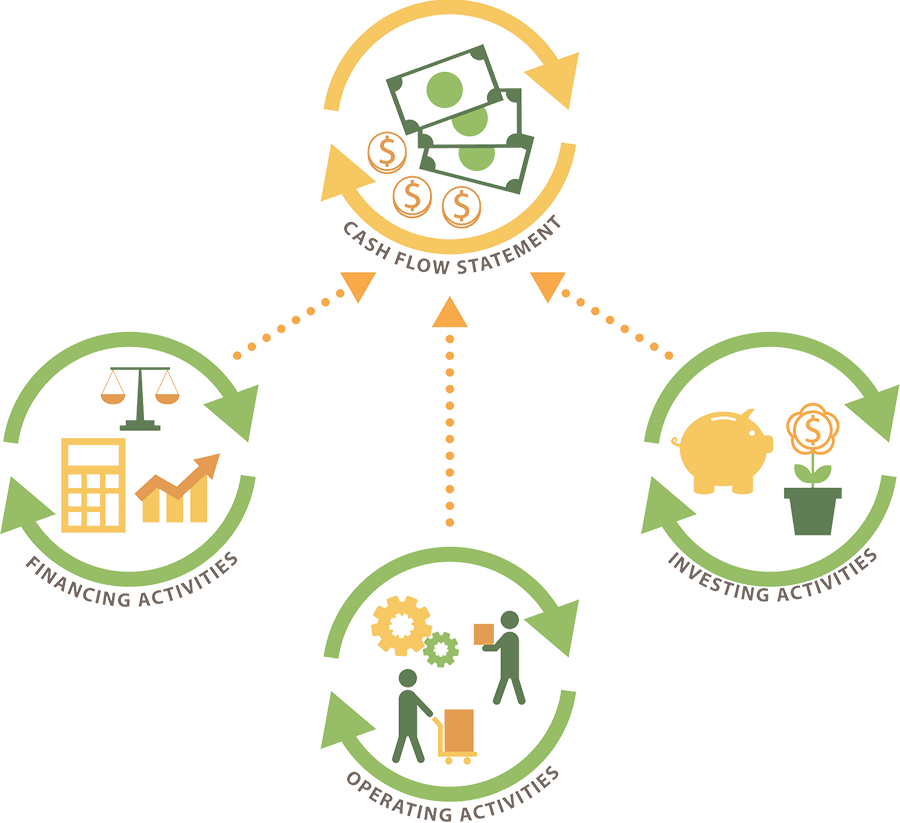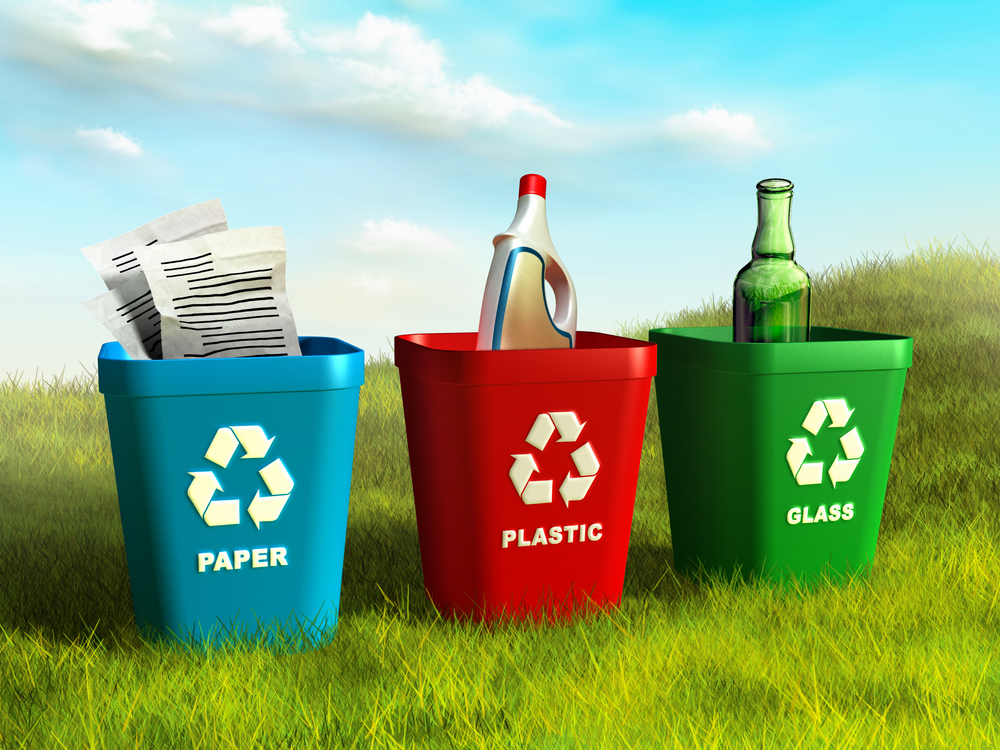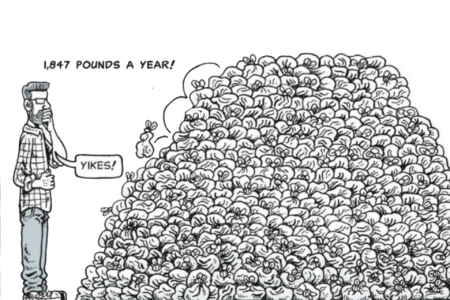
Introduction
The economics of recycling is a crucial topic in today’s world as we strive to create a more sustainable and environmentally-friendly future. Recycling not only helps in the conservation of resources but also has significant economic implications. In this article, we will delve deeper into the economics of recycling, exploring its historical background, key concepts, and current trends, as well as discussing challenges and opportunities for improvement.
Historical Background
Recycling has a rich history that dates back centuries. From ancient civilizations reusing materials to the emergence of modern recycling programs, the economic implications of recycling have evolved over time. Significant milestones, such as the establishment of the first formal recycling systems and the introduction of recycling incentives, have shaped the economics of recycling.
Key Concepts and Definitions
To better understand the economics of recycling, it is important to define key terms and concepts. The circular economy, for instance, emphasizes the need to minimize waste and maximize resource efficiency. Waste management involves various processes for collection, transportation, and disposal of waste materials. Extended producer responsibility holds manufacturers accountable for the end-of-life disposal of their products. Additionally, life cycle analysis evaluates the environmental and economic impacts of a product throughout its entire life cycle.

Main Discussion Points
Economic Benefits of Recycling
The economic benefits of recycling are substantial and multifaceted. Firstly, recycling creates job opportunities and contributes to economic growth. Recycling industries require skilled workers for collection, sorting, and processing of materials. Secondly, recycling offers cost savings for businesses and governments. By recycling materials, businesses can reduce their raw material costs, while governments can save on waste disposal expenses. Lastly, recycling plays a crucial role in resource conservation and reduces environmental impact by decreasing the demand for virgin materials.
Challenges in the Economics of Recycling
While the economic benefits of recycling are evident, there are also significant challenges. Market demand and pricing fluctuations can impact the profitability of recycling businesses. Contamination and sorting difficulties pose challenges in the recycling process, making it necessary to invest in advanced sorting technologies. Additionally, the lack of infrastructure and technological advancements in some regions hampers the efficient implementation of recycling programs.
Opportunities for Innovation and Improvement
Despite the challenges, there are numerous opportunities for innovation and improvement in the economics of recycling. Technological advancements in recycling processes, such as improved sorting technologies and innovative recycling methods, offer new possibilities for more efficient and cost-effective recycling. Collaboration between industries and stakeholders can lead to shared resources and knowledge, fostering a more circular economy. Furthermore, policy incentives and regulations can encourage businesses and individuals to adopt sustainable recycling practices.

Case Studies or Examples
Real-world examples and case studies provide insights into the economics of recycling. For instance, analyzing the economic impact of recycling programs in cities highlights the positive outcomes, including job creation, reduced waste disposal costs, and increased revenue from recycled materials. Successful business models in the recycling industry, such as innovative reuse and upcycling approaches, demonstrate the potential for profitability and environmental sustainability in this sector.
Current Trends or Developments
The economics of recycling is constantly evolving, driven by recent trends and developments. The rise of the circular economy concept emphasizes the need for a more sustainable approach to resource management. Market shifts towards sustainable products and packaging, driven by consumer demand and regulatory requirements, create opportunities for recycling businesses. Advances in recycling technologies and processes, such as chemical recycling and waste-to-energy conversion, pave the way for more efficient and environmentally-friendly recycling practices.
Challenges or Controversies
While recycling is widely regarded as an effective waste management strategy, there are ongoing debates and controversies surrounding its effectiveness compared to other strategies. Some argue that more emphasis should be placed on reducing waste generation and promoting reusability rather than solely relying on recycling. Additionally, economic barriers in developing countries pose challenges to implementing comprehensive recycling programs, requiring innovative solutions and international cooperation.

Future Outlook
The future of the economics of recycling holds promising possibilities. Increased investment and innovation in recycling industries are expected, driven by growing awareness of environmental concerns and the potential for economic growth. Government policies will play a crucial role in shaping the economics of recycling, providing incentives and regulations to encourage sustainable practices.
Conclusion
In conclusion, the economics of recycling plays a vital role in promoting sustainability and economic growth. Recycling offers economic benefits such as job creation, cost savings, and reduced environmental impact. While challenges exist, opportunities for innovation and improvement through technological advancements, collaboration, and policy incentives are abundant. By understanding and harnessing the economics of recycling, we can work towards a more sustainable future.
References
For further reading and research on the topic of the economics of recycling, the following sources are recommended:
- “The Circular Economy: A Wealth of Flows” by Walter R. Stahel
- “Waste to Wealth: The Circular Economy Advantage” by Peter Lacy and Jakob Rutqvist
- “The Economic Benefits of Recycling” by Joseph Fiksel
- “Recycling and Resource Recovery Engineering: Principles of Waste Processing” by Richard M. King
- “The Economics of Extended Producer Responsibility” by Thomas Lindhqvist




